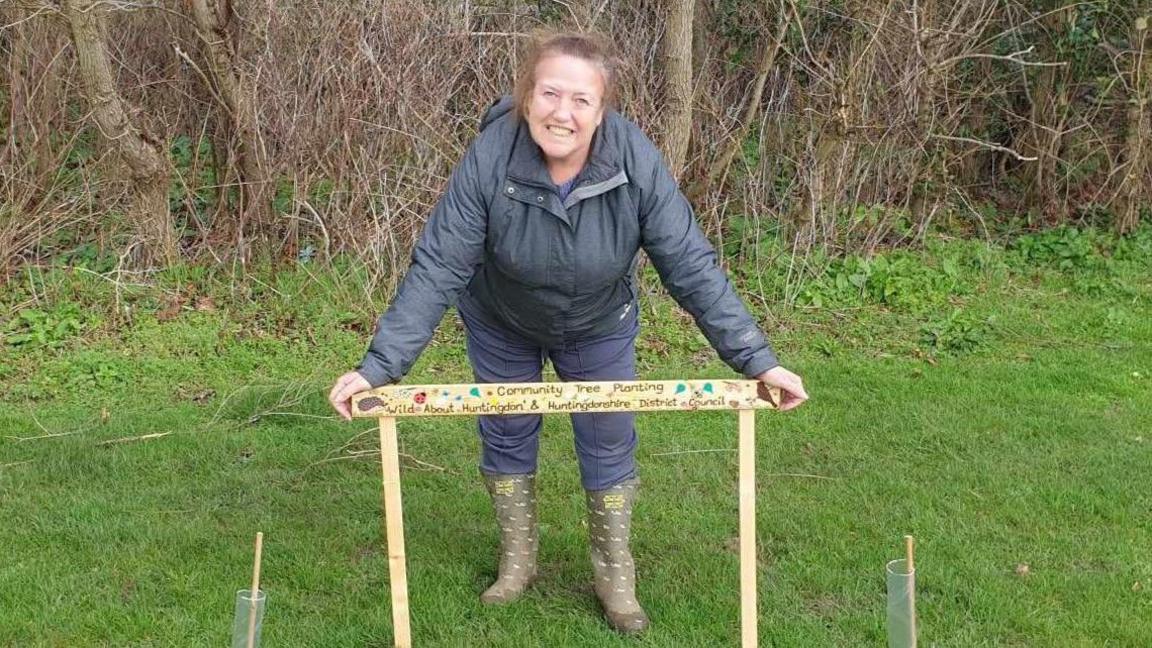Cuckoo's freeloading thought to boost biodiversity
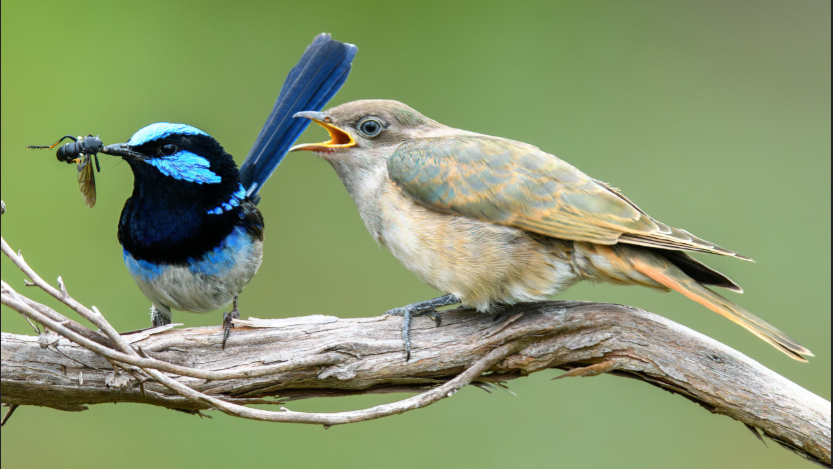
Bronze-cuckoo chicks, like the one on the right, have evolved to look more like their host birds
- Published
Cuckoos are known for tricking rival birds into looking after their young and new evidence suggests this strategy boosts biodiversity by creating sub-species of the breed via evolution.
Scientists at the University of Cambridge, external contributed to a two decades-long international study of bronze-cuckoos for the journal Science.
They looked at the practice of cuckoos laying their eggs in the nests of small songbirds.
Some bronze-cuckoos had evolved to look more like host birds to escape detection.
'Arms race'
The study involved an international team of researchers from Cambridge University, Australian National University, Australia’s national science agency CSIRO, external and the University of Melbourne.
It found that host songbirds, instead of accepting a cuckoo chick, have evolved to recognise odd-looking nestlings and eject them.
In response, the bronze-cuckoo evolved to win the survival of the fittest battle by mimic the chicks of the host birds better and passing on its genes.
These new lineages were the first signs of new species emerging, the researchers said.
"This exciting new finding could potentially apply to any pairs of species that are in battle with each other," said Prof Rebecca Kilner, an evolutionary biologist at the University of Cambridge.
"As we've seen with the cuckoo, the co-evolutionary arms race could cause new species to emerge and increase biodiversity on our planet."
The researchers extracted DNA from eggshells held in museums and collections, sequencing it for genetic studies.
They combined this with two decades of behavioural fieldwork.
The researchers found that so-called speciation - where a new kind of animal species is created - was more advanced among cuckoos who were very demanding of their hosts.
Follow Cambridgeshire news on Facebook, external, Instagram, external and X, external. Got a story? Email eastofenglandnews@bbc.co.uk, external or WhatsApp us on 0800 169 1830
Related topics
More stories of interest
- Published28 April 2022
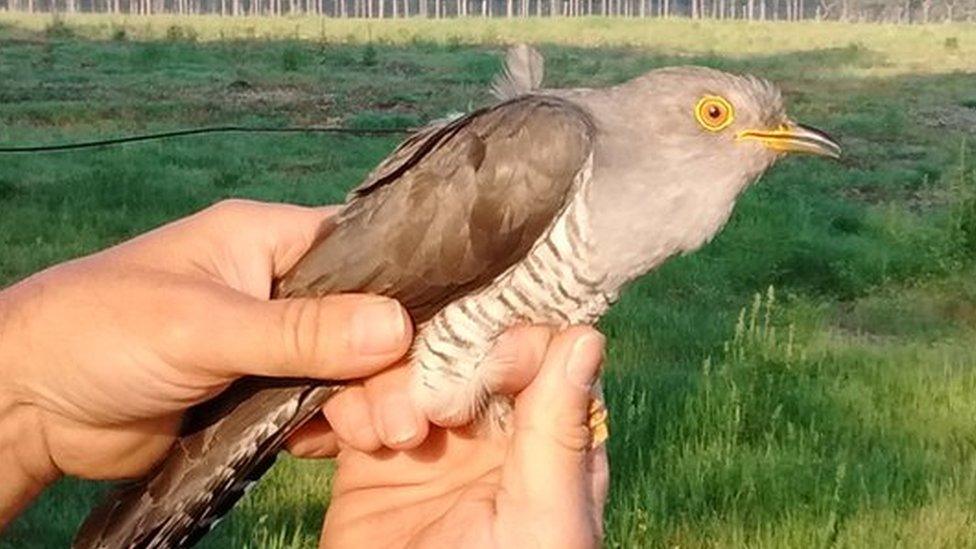
- Published31 May 2024
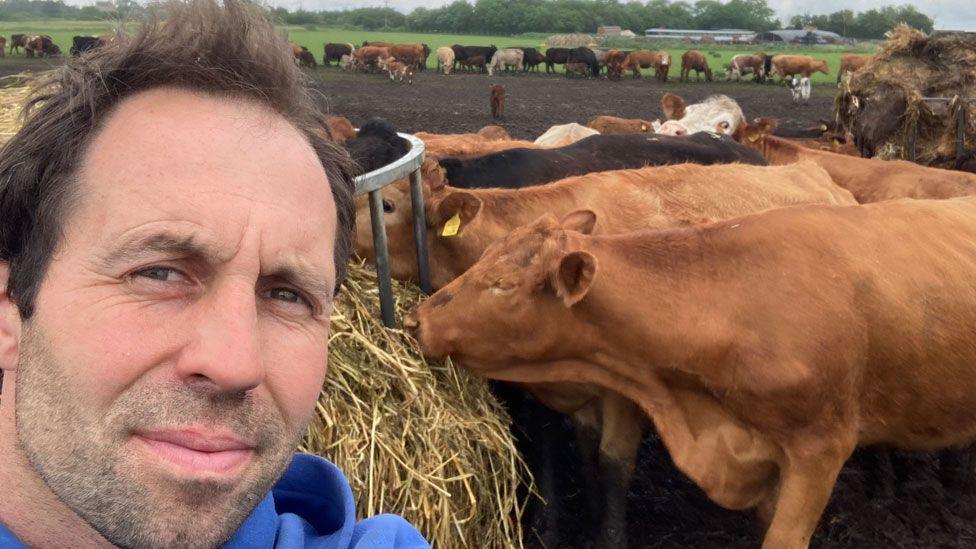
- Published30 May 2024
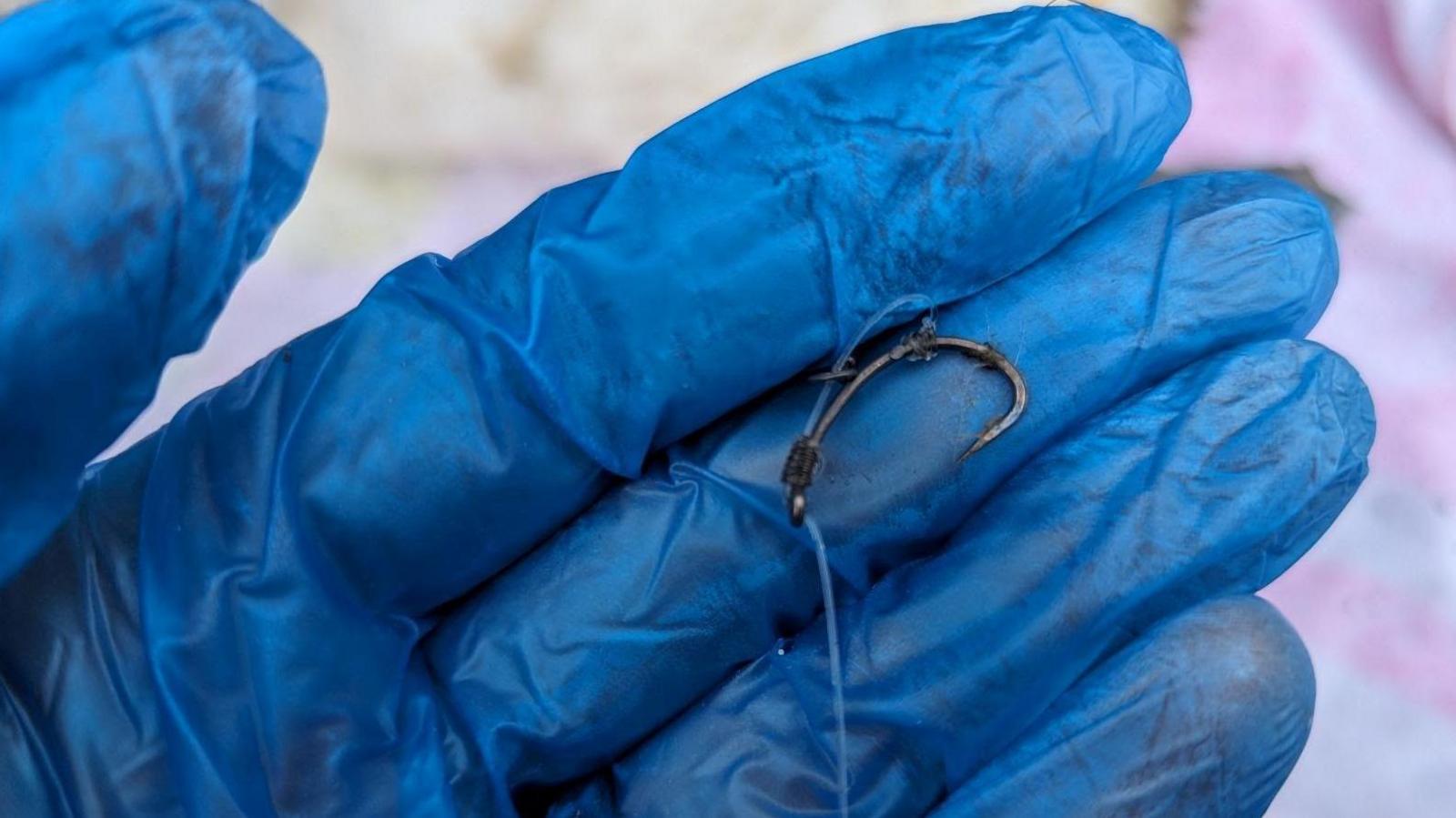
- Published25 May 2024
